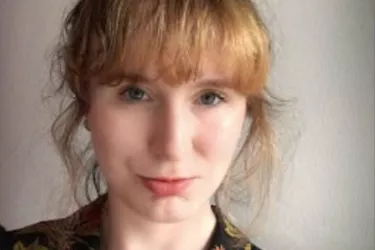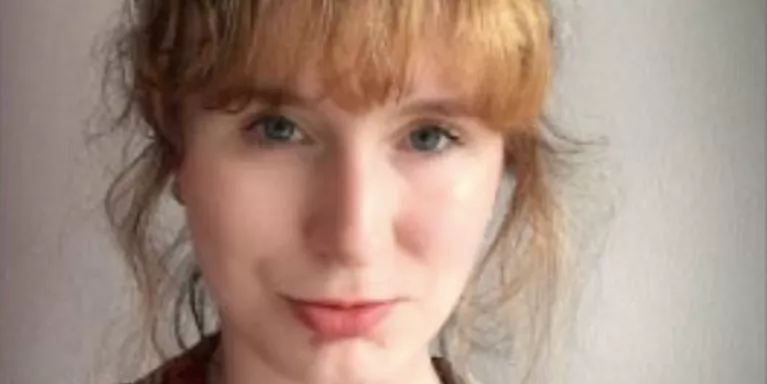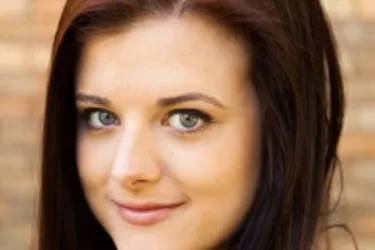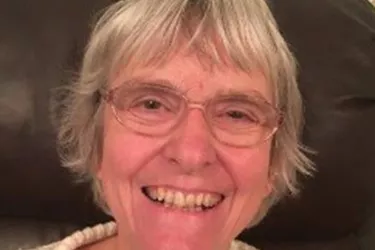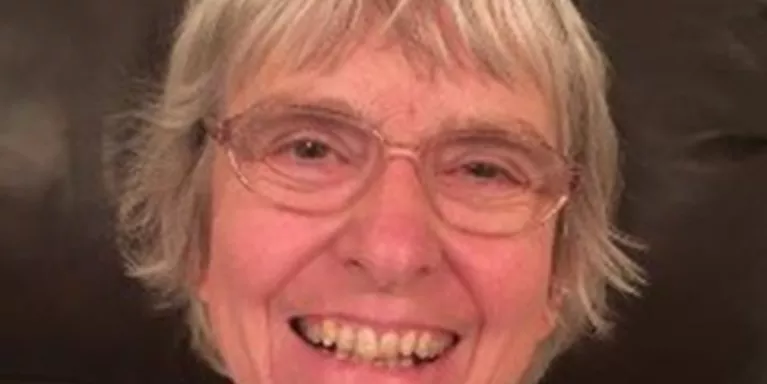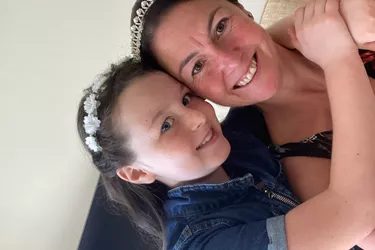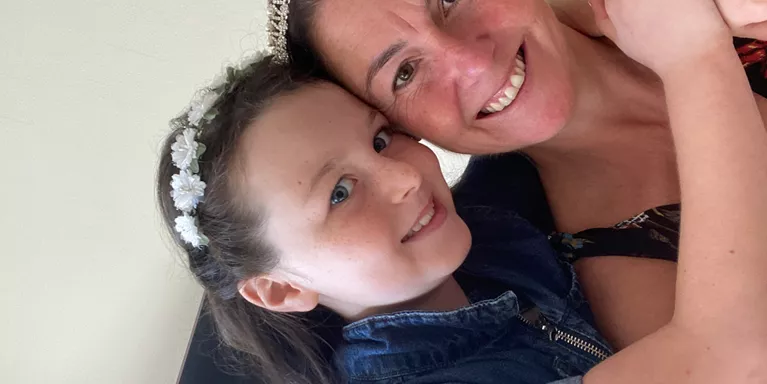Finding my feet after losing my father
Olivia was diagnosed with depression after her dad took his own life seven years ago. Here she blogs about her gradual recovery.
Olivia works in the communications department of a London museum and dabbles in illustration in her spare time.
I lost my father, Stephen, to suicide in 2012. I was 21 at the time, very recently graduated from university. We were living in different cities at the time. I saw him one final time about a fortnight before he died. I remember feeling worried about him. The recession had hit hard, and he had been out of work for a while. This time, on meeting him, it seemed different. As he left, he gave me a hug and kissed me on the forehead. I told him I hoped to see him soon, he replied “Och, you never know” in his softly-spoken Scots voice. In that moment, I felt a sense of foreboding in his words, but I brushed it off.
"I sobbed and wailed that it couldn’t be true. I felt like my whole world had imploded."
Then, two weeks later, I woke up in the early hours of the morning to my mother telling me that he had taken his own life. I sobbed and wailed that it couldn’t be true. I felt like my whole world had imploded. I was unemployed at the time, and even leaving the house felt like an impossible task. My nights were fraught with insomnia, replaying my father’s suicide over and over in my mind; the sense of guilt that I felt was eating me alive. When I woke, I felt sapped of all my energy. I became insular and unkind to myself, telling myself that I was worthless, and that I’d never be able to get a good job, or live a normal life.
In the initial months after my father died, I found it difficult to open up about it. In spite of my initial efforts to be frank about it with my close friends, not everyone feels comfortable or well-equipped to talk about suicide. Sometimes, they can say the wrong things, and a few experiences of this made me reluctant to open up about it. In that time, I felt isolated and alone. I broke up with an ex, who I felt was unkind and lacked empathy, especially when I needed him to be there for me. It took me a little while to realise that not everyone is going to react in an unkind or uncaring way.
"I went to visit my doctor, complaining about different symptoms, like sore limbs, fatigue, dizziness. He asked me if I was depressed."
I went to visit my doctor, complaining about different symptoms, like sore limbs, fatigue, dizziness, expecting him to give a different diagnosis, perhaps a minor physical ailment. He asked me if I was depressed - I was. This took me by surprise, in spite of everything that I had been through. My doctor encouraged me to seek out support groups. It’s also what led me to discover Mind, and realise that there were other people who could relate to how I was feeling. I began to read up on other people’s experiences, and really related to what they had to say. I was also beginning to understand bereavement and depression, which helped me to recognise my symptoms and feel more in tune with my mind and body.
As the months passed, I realised that I had stopped doing the things that I enjoyed. I didn’t enjoy the part-time shop job that I was doing, so I tried to fill the time that I did have to myself with the things that made me happy. I started reading, drawing, and going to the occasional exhibition when I felt up to it. I also started volunteering at a local gallery a few days a week. I found it really draining to begin with, but I took satisfaction in learning something new, and being able to focus outwardly on something else a few days a week.
This helped my perspective to slowly shift, and I began to feel hopeful about the future. I started applying for jobs in the heritage industry, which is what I’m really passionate about. I believe that art can be therapeutic, and could quite happily spend all day in a museum. My persistence paid off, and over six years on, I’ve been able to get to a point where I’m comfortable and in a job that I enjoy.
"I like to think he’s watching over me in spirit, and that he feels proud of how far I have come since then."
That leads us to the present day. It’ll be seven years in October, and that sense of loss still hasn’t disappeared (Not that there’s a time limit on grief). There are times that I want nothing more to call up my dad and chat about my day, and I feel a pang of sadness when I think about all the life experiences that he has missed. But I like to think he’s watching over me in spirit, and that he feels proud of how far I have come since then.
In the last few years, I feel as though I’ve found my feet again. I’ve made good friends along the way, tried talking therapy, CBT, been on antidepressants. On this journey, I’ve come to understand three things; that there isn’t a one-size-fits all approach to tackling mental illness, that self-care is important, and some days will be tougher than others. My depression has by no means disappeared, but I’m taking it one step at a time.


Information and support
When you’re living with a mental health problem, or supporting someone who is, having access to the right information - about a condition, treatment options, or practical issues - is vital. Visit our information pages to find out more.
Share your story with others
Blogs and stories can show that people with mental health problems are cared about, understood and listened to. We can use it to challenge the status quo and change attitudes.










